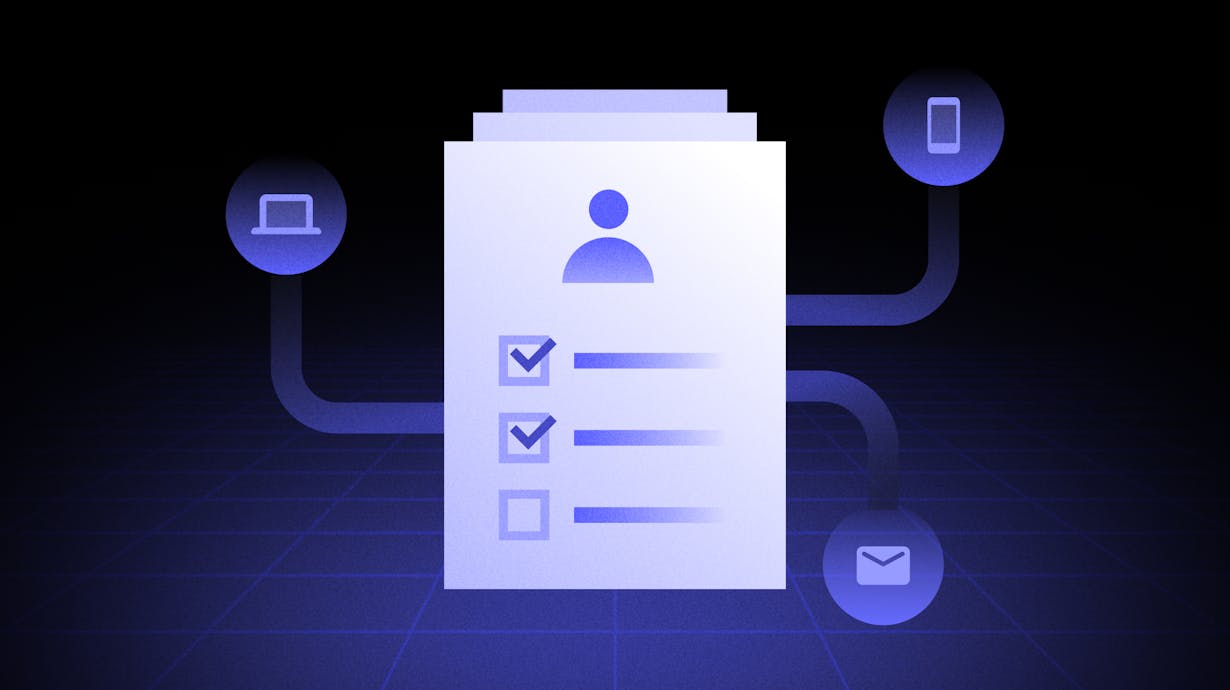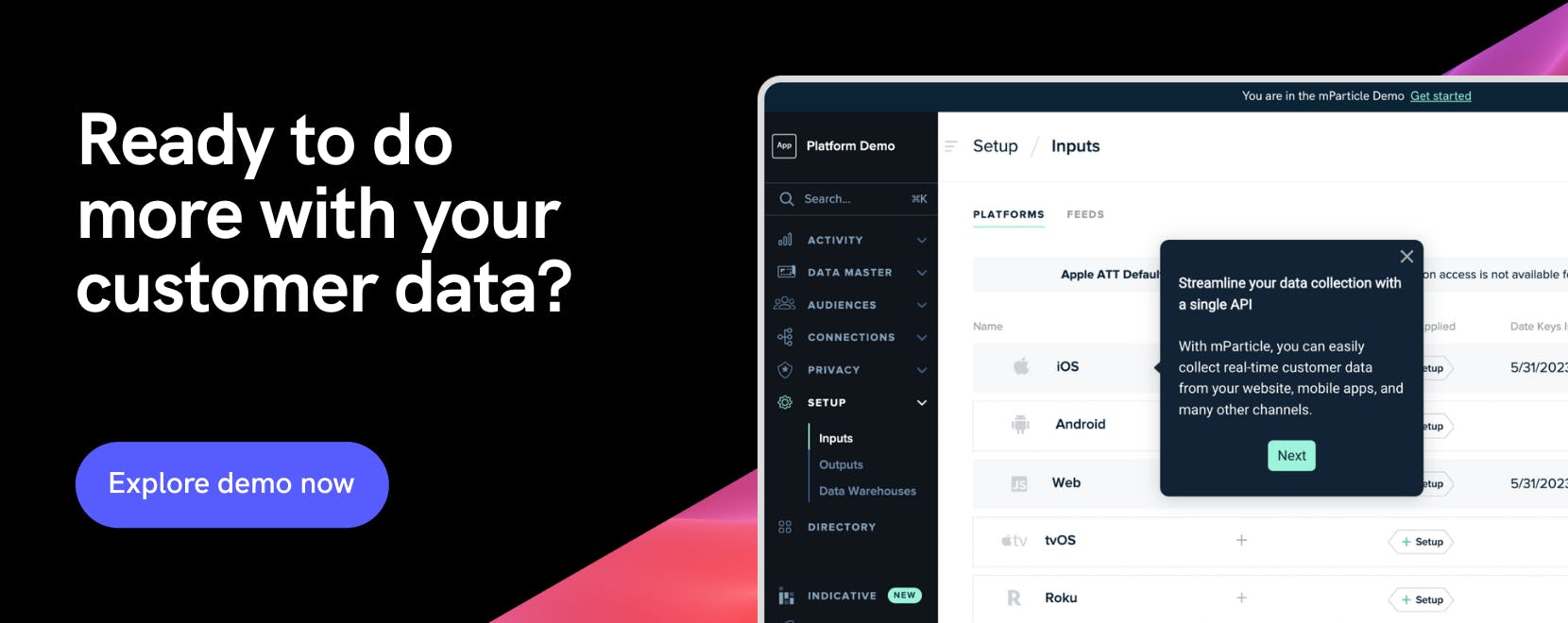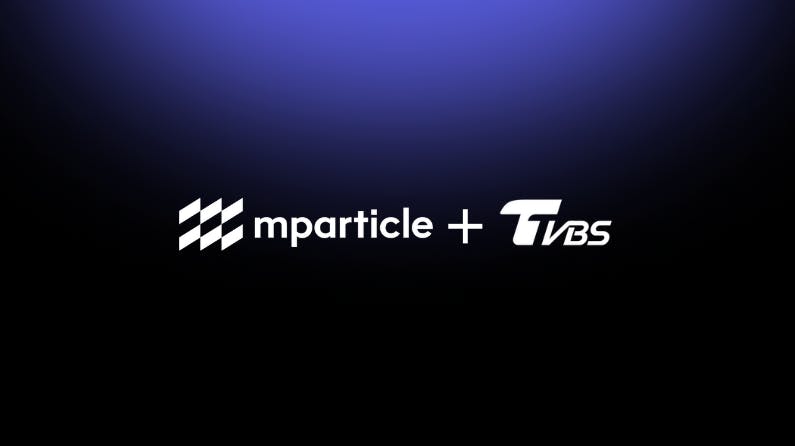Evaluating an Enterprise CDP? Consider these five critical requirements.
When it comes to comparing different CDP vendors, there are specific requirements that enterprise brands should consider carefully. By ensuring that your CDP partner delivers on these fronts, you can maximize the ROI of your CDP investment as your business continues to grow.

While businesses of all sizes face challenges, enterprise brands have to navigate a different set of obstacles from those that smaller organizations face. Sure, the Burger Kings, Walmarts, and Netflixs of the world may no longer have to deal with the resource constraints that caused headaches in their earlier days. But as companies grow, complexity replaces scarcity, and problems become bigger and more difficult to manage.
If you’re performing due diligence on CDP vendors for your enterprise organization, it is critical to pay close attention to certain capabilities that are necessary to service the unique business requirements of large global organizations. Your CDP will sit at the nexus of your organization’s people, processes, and tools, which makes it a critical component of your company-wide customer data strategy. However, not every CDP is built to combine scalability, security, and trust with the configurability that is necessary to solve complex business challenges.
Let’s walk through five critical requirements that you should keep in mind when searching for your enterprise CDP.
Requirement #1: A centralized data planning feature
Enterprise organizations are often made up of large, multifaceted departments that work cross-functionally towards shared goals. A global retailer, for example, might have separate teams for personalization, paid advertising, customer support, and product analytics. Each of these teams requires access to customer data to make effective decisions, and often, the data points they need access to overlap. For example, each of these teams would probably want to know when customers add items to their cart.
What would happen if each team named and collected this event differently? This company could easily end up with add_to_cart in their CRM, Add To Cart in their mobile push tool, and Added to Cart in their product analytics tool, making it impossible to create a unified customer view and deliver consistent personalization throughout the customer journey. Additionally, this brand's exposure to data privacy risk would increase significantly, since inconsistent customer data makes it very difficult to comply with privacy regulations.
Poor data quality comes at a major cost to enterprise organizations, both in terms of revenue and wasted engineering time. Research from Monte Carlo Data shows that on average, companies estimate that poor data quality impacts 31% of their revenue, and data teams spend 34% of their day evaluating or checking data quality.
Considering the scale and complexity of the customer data that enterprise brands collect and the costs associated with poor data quality, it is imperative that these brands partner with a CDP that provides a centralized source of truth for what data to track, where to track it, and how to name and structure this data when it is stored internally. mParticle's data planning features, for example, make it easy to maintain data quality and enforce a consistent data strategy across teams.
Explore mParticle’s data plans and other data quality features in this interactive demo.
Requirement #2: Flexible and extensible data connections
In a rapidly changing business environment, enterprises need to be able to quickly incorporate new sources of customer data. Having the flexibility to update their data infrastructure without friction allows enterprises to adapt to evolving customer preferences, market trends, and privacy requirements. For these reasons, it is critical that enterprises choose a CDP that has flexible and extensible data connections doesn't lock the data team into one particular data architecture.
One particularly important data connection to look for is with the data warehouse, particularly for companies whose data architecture already revolves around this data store. With mParticle Warehouse Sync, for instance, brands can use their CDP to enable traditional reverse-ETL flows and easily synch high-quality data to 300+ destinations without requiring engineering support. Or they can go a step further, leveraging their CDP to maximize the value of customer data in the data warehouse by taking advantage of mParticle’s data infrastructure and enrichment capabilities, such as forming real-time customer 360° profiles, leveraging AI-powered enrichment, and delivering hyper-personalized customer experiences at scale without engineering support.
Another benefit of choosing a CDP with flexible data connections is that enterprises typically have many customer data repositories––an S3 bucket here, a data warehouse there, and a CRM system to boot––and all of these should become part of a comprehensive customer view once a CDP is adopted. Integrating these existing customer data sources can enable organizations to create a much more holistic and actionable view of each customer’s interactions, preferences, and behaviors. With these enriched customer profiles, Marketing and Product can power better personalization and targeting across all channels. Leveraging existing customer data investments also reduces the need to duplicate efforts in data migration and re-collection, resulting in cost savings, smoother onboarding, and a faster time to value.
Get a firsthand look at the use cases you can activate with mParticle's real-time data connections in this interactive demo.
Requirement #3: Cost-effective scalability
Imagine you're a national network television channel and next Sunday you’re going to be hosting the Super Cup, the most widely viewed sportsball event of the year. Over 100 million sportsball fans worldwide are expected to tune into the Super Cup across all platforms, which is approximately 20 times the number of viewers your network sees on an average Sunday evening.
This is not a typical scenario for early stage companies. Yet for global enterprise brands, massive fluctuations in customer engagement brought on by factors like sporting events and the holiday shopping season are par-for-the-course. This is why enterprises evaluating CDPs must be sure that their provider has the ability to seamlessly scale storage and compute allocation up and down in a cost-effective manner to accommodate these fluctuations in traffic. A CDP with inflexible infrastructure will lead to wasteful spending. On the contrary, a CDP with elastic scaling will help enterprises avoid unnecessary expenses by aligning resources with actual usage.
Another potential pitfall of adopting an inflexible CDP is that a sudden spike in volume can simply overwhelm the system, resulting in downtime. For enterprises with a large global customer base whose operations span several regions and markets, even a few hours of downtime can potentially disrupt customer experiences, marketing campaigns, and sales on a significant scale, potentially leading to significant revenue loss, a damaged reputation, and customer attrition.
To avoid these scenarios, look for an enterprise CDP with elasticity (the ability to dynamically scale resources based on demand) as well as the ability to scale horizontally by adding more servers or nodes to distribute the workload. Ideally, this CDP should also have pricing that aligns costs with the brand's actual CDP usage, like mParticle's Value Based Pricing model.
With mParticle’s new pricing model, we have improved the efficiency of our platform costs without sacrificing usage and value. The ability to tier our events and optimize our costs as our data volumes continue to grow is critical for delivering impactful customer experiences at scale.
Senior Director of Data at Equinox
Requirement #4: Robust privacy features
Any company that collects customer data has a responsibility to do so in accordance with the data privacy regulations of the regions in which they operate. For enterprise brands that have a multinational customer base, upholding this obligation can become particularly challenging, considering the complexities of the global data privacy landscape. This is why enterprises evaluating CDPs should pay particular attention to the data privacy features that simplify the process of adhering to global data privacy requirements.
One critical privacy feature to look for in an enterprise CDP is the ability to capture consent at the point of data collection. Many data protection regulations, such as General Data Protection Regulation (GDPR) and the California Consumer Privacy Act (CCPA) require organizations to obtain explicit consent from customers before collecting and processing their data. In order to simplify compliance with data privacy regulations––which can become exceedingly complex for companies that have an international customer base––enterprises should choose a CDP that has integrations with best-in-class consent management platforms. This integration will enable the seamless ingest of user consent preferences, and the ability to tie this information to the user profile in real time.
Once a consent state is obtained, companies are still responsible for ensuring that their customers’ data is activated in a manner that complies with the consent they have provided. For enterprises, orchestrating the flow of millions of customer data points between numerous systems can quickly become a serious logistical hurdle. This is why enterprises should seek out a CDP with the ability to easily filter data and control forwarding based on consent.
Another crucial privacy feature that enterprises should seek in a CDP is the ability to automate Data Subject Requests (DSRs) based on consent. DSRs, or requests made by individuals to access, rectify, erase, or otherwise manage their personal data, can quickly add up to a large volume of manual internal work. According to Gartner, the average cost of fulfilling a Data Subject Access Request is roughly $1,400 USD. Automating DSRs streamlines this process, allowing the efficient and cost-effective handling of numerous requests without overwhelming internal resources. Also, many data protection regulations, like the GDPR and CCPA, mandate timely DSR responses, so automating this process helps ensure compliance––especially at enterprise scale.
mParticle delivers the integrations, tools, and infrastructure to enable enterprise brands to keep their customer data strategy aligned with nuanced global privacy regulations, and maintain compliance as these legal frameworks evolve. Check out this blog post to learn more.
Requirement #5: Exceptional professional services
A CDP is a critical piece of your data infrastructure that will grow and evolve alongside your business. This is true for companies of all sizes, but especially so for enterprises who face a particularly complex set of business challenges related to customer data. When you decide which CDP to adopt, you are not just choosing a set of technical features and functionality––you are enlisting a long term partner in your data strategy. For this reason, enterprises evaluating CDPs should feel confident that the vendor they choose will deliver exceptional professional services. In fact, this is so important that even a hint that the vendor will take a “set it and forget it” approach to the post-sales experience should have you saying “Thanks, but no thanks.”
A truly exceptional professional services team can exponentially increase the value of an enterprise CDP. Attentive support staff who take the time to understand your unique business objectives can help you get the most out of the CDP’s platform capabilities, ensure that you are following best practices, and offer invaluable configuration and integration assistance. Your support team can make your onboarding experience a breeze, and help ensure that your CDP is optimally configured to meet the specific challenges of your industry.
When evaluating CDPs, be sure to gauge whether each potential partner will be co-invested in your company’s success, and willing to deliver the support needed to ensure positive outcomes. To paint a picture of what that looks like, put yourself in the position of the network television channel we discussed above. If you called your CDP provider to ask for support during the big game, would they point you to a website FAQ or direct you to a call center? Or would they assign a war room to be at your team’s disposal at critical moments for your business?
mParticle’s personalized and round-the-clock support relationship with our client CKE Restaurant Holdings Inc. is an example of the type of partnership that enterprises should look for from their CDP.
Since working with mParticle, we’ve found their account managers have really gone above and beyond. They immediately set us up for success during the onboarding process, then did a great job in helping us identify the best way to leverage our existing customer data to accomplish our goals.
Chief Technology Officer, CKE Restaurants
Explore how mParticle supports enterprise requirements in our Platform Demo.
Latest from mParticle
Try out mParticle
See how leading multi-channel consumer brands solve E2E customer data challenges with a real-time customer data platform.
Startups can now receive up to one year of complimentary access to mParticle. Receive access





